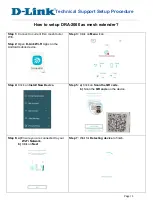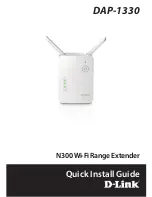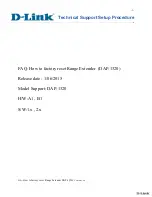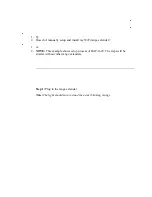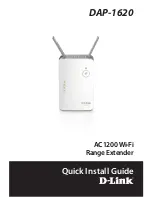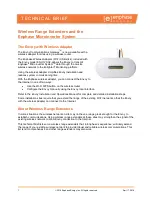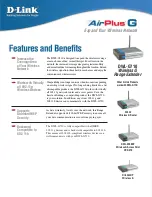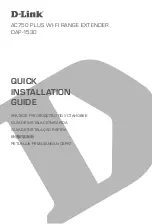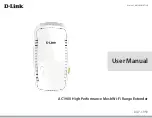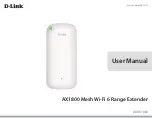
39
CHAPTER 5: Operation
5.4 Things to Keep in Mind About the Keyboards and Mice
PC bootup sequence:
When your PC CPUs are powered on, they communicate
with any attached keyboards and mice and load the setup parameters required by
their particular operating systems. It is necessary for the Extender to be attached
and powered on during this sequence so that it can give the CPUs the required
responses and keep track of all the modes and settings requested by each of the
connected CPUs.
Mouse characteristics:
Do not unplug a PS/2 mouse connection from a CPU while
the CPU is on. Because of the way PS/2 mice communicate, the CPU will lose
mouse function and you will have to reboot the CPU to regain normal operation.
Unplugging a shared PS/2 mouse from the Extender will have no immediate
effect, but the PC will lose mouse function as soon as you plug the mouse back in.
(RS-232 mice can usually be freely unplugged and replugged, provided that an
RS-232 mouse was connected when the operating system initially booted.) The
Extender has a PS/2 mouse-recovery system which allows you to disconnect and
reconnect the mouse without powering down the system, but we recommend using
this only when absolutely necessary. See Section 5.6 for details.
Keyboard- and mouse-mode handling during CPU switching:
The Extender keeps a
log of the keyboard and mouse modes and resolution settings requested by each of
the connected CPUs, including the keyboard Num Lock, Caps Lock, and Scroll
Lock states. These settings are automatically restored to the primary keyboard and
mouse when you switch to the other CPU, as well as when the Extender is returned
from configuration, password-lockout, or control-lockout mode to normal
operation, ensuring maximum software compatibility.































